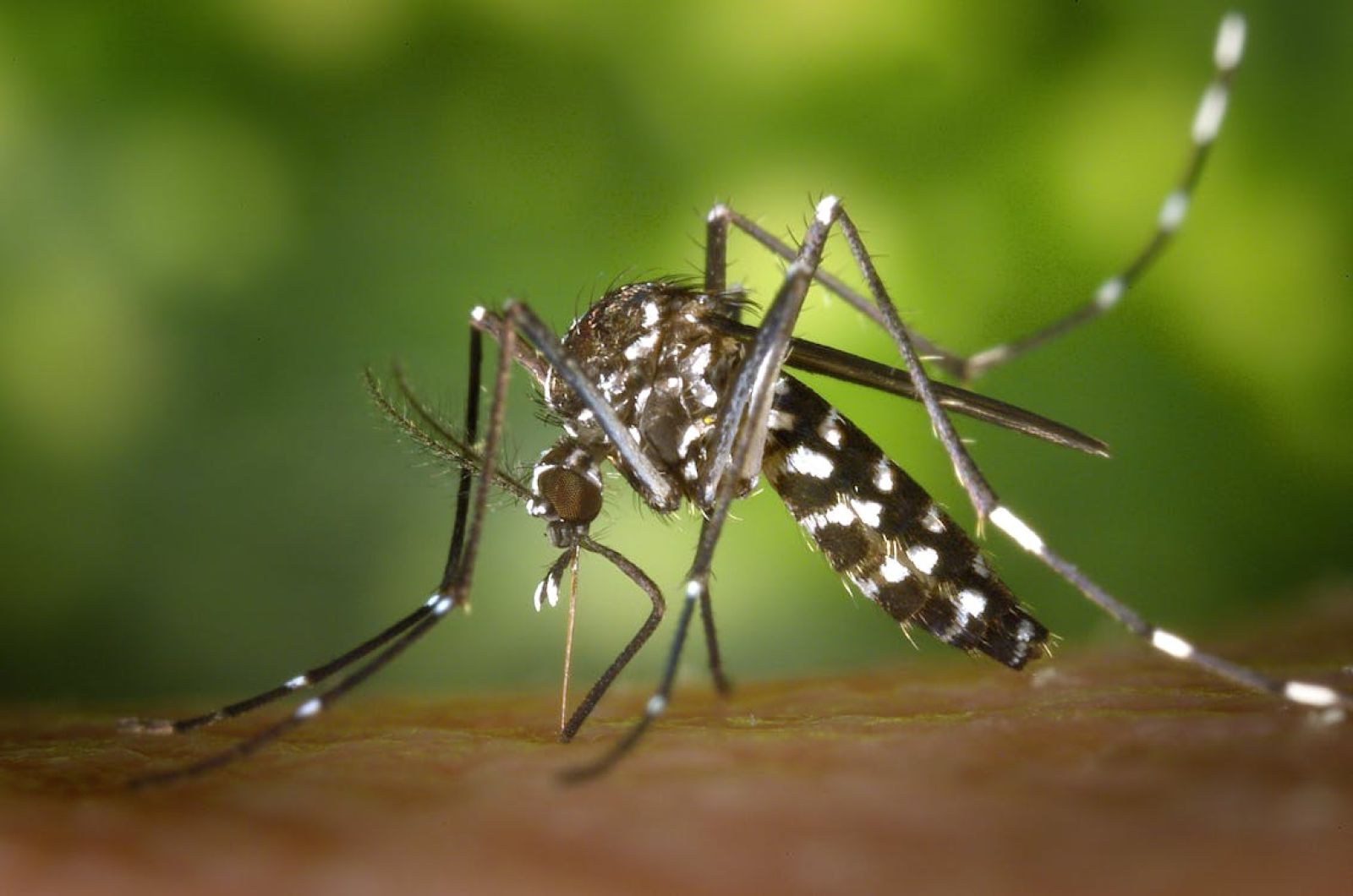Why do mosquito bites make you want to scratch?
Published by Adrien,
Source: The Conversation under Creative Commons License
Other Languages: FR, DE, ES, PT
Source: The Conversation under Creative Commons License
Other Languages: FR, DE, ES, PT
Follow us on Google News (click on ☆)
There are approximately 3,500 species of mosquitoes distributed worldwide (except in Antarctica). Mosquitoes play certain ecological roles; they are part of the food chain by serving as prey or predator, and they also play a role in pollination by transporting pollen from one plant to another.

Illustration Image Pexels
They can also be vectors of serious diseases for humans and other animals, which can have detrimental effects on public health.
Why do mosquitoes bite us?
Adult male and female mosquitoes feed on the nectar of flowers as a source of energy. However, the female needs an additional blood meal to obtain the proteins necessary for the maturation of her eggs. Mosquitoes don't just bite humans; depending on their preferences, they can bite birds, domestic animals like dogs and cats, and even snakes. Some species have specific preferences for certain types of blood sources and feed exclusively on a type of vertebrate, while others are less selective and can feed on various hosts depending on their availability.
To bite us, the female mosquito has a piercing-sucking mouthpart composed of specialized mouthpieces that allow them to pierce the skin of vertebrates, locate the blood capillary, and suck the blood once the vessel wall has been perforated. She extracts approximately 5 to 10 microliters (5 to 10 millionths of a liter) of blood in a few minutes.
Why do their bites make us itch and form bumps?
When a female mosquito bites, its proboscis first penetrates the epidermis, then the dermis of the skin in search of a blood capillary where it will suck blood. During these two phases, it injects saliva containing anesthetic substances so that the bite goes unnoticed, and anticoagulant molecules to thin the blood in its proboscis.
The saliva contains about a hundred proteins, and some provoke an inflammatory reaction that visually manifests as a bump and itching, which in some individuals can escalate to allergic reactions. This bump, a few centimeters (about one inch) in diameter, appears a few minutes after the bite and can itch for several days. The swelling may last longer, up to 7 days. Reactions vary depending on the mosquito species, because the saliva's composition is different, and from person to person, as individual sensitivity to its bite is not the same for everyone.
This itching sensation is a natural defense response of our body to the physical aggression of the bite and against the mosquito's saliva, which is recognized as a foreign substance by the immune system of the skin. Thus, it's our body's inflammatory response that triggers the itching, redness, and swelling around the bite area. Immune cells in the skin, mast cells, and basophils, activate in the presence of some salivary molecules and release histamine and other inflammatory mediators in response.
Histamine has several physiological effects; it causes an increase in the diameter and permeability of blood vessels, leading to an edema, the mosquito bite bump. It also stimulates nerve fibers in the skin, causing itching and the urge to scratch. Scratching provides temporary relief from the itch by altering the way our nervous system perceives sensations. When we scratch, we stimulate nerve endings located near the itch area. These nerve endings transmit various types of sensory messages, such as pressure or pain. By activating these nerve endings, scratching creates new sensations that mask the itching sensation, offering a temporary respite.
To avoid mosquito bites, the best strategy is to protect oneself by wearing light-colored, loose-fitting, and covering clothes, as well as using repellents on the skin or clothing. Window screens can prevent mosquitoes from entering houses. It is also crucial to eliminate stagnant water where mosquitoes lay their eggs, by emptying saucers under flower pots and covering rainwater reservoirs. Since a female mosquito can lay about a hundred eggs per cycle (every 6 days or so), avoiding bites helps limit the proliferation of mosquitoes, and conversely, reducing their proliferation helps avoid bites!